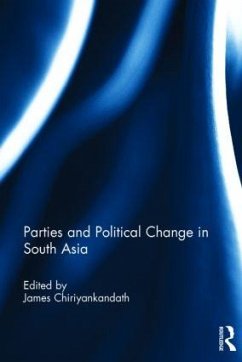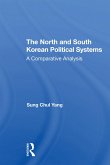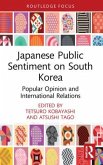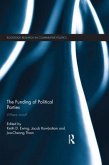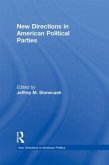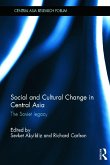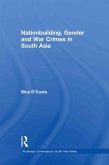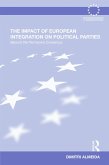Over the past seven decades and more, political parties have become an essential feature of the political landscape of the South Asian subcontinent, serving both as a conduit and product of the tumultuous change the region has experienced. Yet they have not been the focus of sustained scholarly attention. This collection focuses on different aspects of how major parties have been agents of - and subject to - change in three South Asian states (India, Pakistan and Sri Lanka), examining some of the apparent paradoxes of politics in the subcontinent and covering issues such as gender, religion, patronage, clientelism, political recruitment and democratic regression. Recurring themes are the importance of personalities (and the corresponding neglect of institutionalisation) and the lack of pluralism in intraparty affairs, factors that render parties and political systems vulnerable to degeneration. This book was published as a special issue of Commonwealth and Comparative Politics.
Hinweis: Dieser Artikel kann nur an eine deutsche Lieferadresse ausgeliefert werden.
Hinweis: Dieser Artikel kann nur an eine deutsche Lieferadresse ausgeliefert werden.

